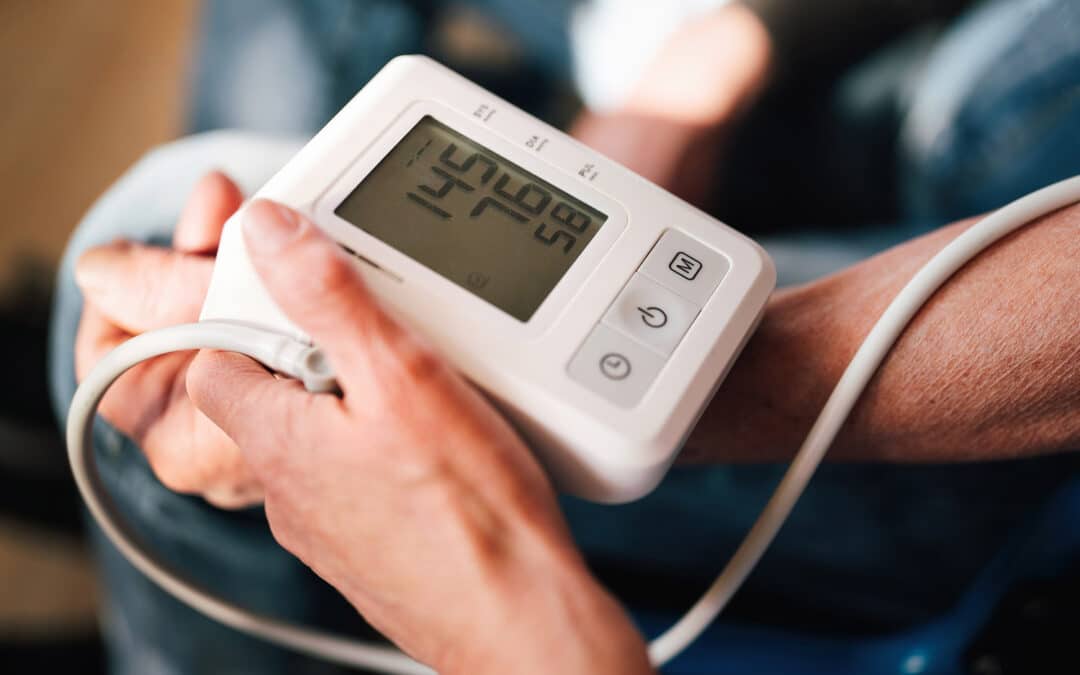Myocarditis is an inflammatory condition of the heart muscle that affects 1.5 million people per year. It is often difficult to diagnose and detect because, unlike many common heart conditions, myocarditis more often affects younger, people, ranging in age from puberty to their mid 30’s and the symptoms can be subtle. In many cases, victims of this inflammatory illness are otherwise healthy and athletic. With that said, the different types of myocarditis can affect anyone of almost any age and have several possible causes. Here are the essentials that you need to know in case you have worries about any symptoms of having myocarditis.
What Is Myocarditis
Myocarditis is a condition of the heart that occurs when the heart muscle becomes inflamed. The most common cause of this inflammation is a preceding viral infection but causes also include bacterial/fungal infection, medications, auto-immune disorders, and toxins. There is a wide range of symptoms which include fatigue, chest pain, heart failure, palpitations/arrhythmia, and death. The extent of the heart that is inflamed and the severity of the inflammation determine the number of symptoms. Myocarditis comes in 2 forms: acute (a sudden presentation that is typically more dramatic) and chronic (a presentation where the symptoms may come and go, but resolve very slowly or not at all).
What Causes Myocarditis?
There can be many possible specific causes for the different types of myocarditis, but broadly speaking, some of the most common are either viral or bacterial infections that lead to heart inflammation due to an immune system response or systemic inflammatory conditions such as certain autoimmune diseases.
Among all the known causes of this illness in its different manifestations, the most common is a viral infection. Known viral reasons for myocarditis include Parvovirus, Adenovirus, rubella, Hepatitis C, and even the SARS COV-2 coronavirus that causes COVID-19. Several types of bacterial infections and even some fungal and parasitic vectors can also lead to this type of heart inflammation. Then there are the possible autoimmune disease-induced triggers which include but aren’t limited to lupus, scleroderma, and Kawasaki disease.
More exotically, myocarditis can be caused by heavy metals, bites from venomous snakes, and by certain allergic reactions. Tropical protozoan diseases are also endemic causes of myocardial inflammation in some parts of the world. A famous example of this is the microorganism Trypanosoma cruzi, which causes numerous cases of Chagas disease in much of central and South America. Finally, another possible trigger of the disease can be certain drugs that you might take or be given. This cause is considered much less common than others but the illness can occur due to reactions with alcohol, certain chemotherapy drugs, and recreational narcotics.
Signs and Symptoms of Myocarditis
A major challenge of treating myocarditis is that this disease with so many possible causes so often presents in otherwise exceptionally healthy younger people who normally wouldn’t suffer from any major cardiovascular problems. To complicate things further, the illness can present with very subtle symptoms. Often, it isn’t myocarditis itself that triggers a need for medical diagnosis, instead, it’s the symptoms of an underlying viral or bacterial infection that might cause you to visit your doctor and get a diagnosis.
If you notice persistent or closely related occurrences of some or all the following symptoms, you should seek professional medical attention:
- Dizziness or weakness
- Chest pain or pressure
- Unusual fatigue
- Fast or strange heartbeat patterns
- Swelling in the legs and feet
- Passing out
If you’re first diagnosed with a specific illness or infection that’s known to cause myocarditis and you also have chest pain, shortness of breath, or palpitations, it would be a good idea to also have a talk with your doctor about the possibility of myocarditis as well. You shouldn’t hesitate to ask about the risks of heart inflammation and request advice about the risk in your specific case. If the condition becomes severe or isn’t detected on time, the condition can be fatal.
How is Myocarditis Diagnosed?
Myocarditis can be very hard to diagnose in some cases. This illness doesn’t always present itself with acute and highly visible damage to the heart muscles. Doctors must thoroughly examine your medical history and pattern of symptoms before determining which, if any, of the following tests are needed:
- Blood exams
- Chest X-rays
- Heart ultrasound (electrocardiogram)
- Heart Monitor (holter)
- Coronary angiogram
- Cardiac biopsy or MRI in rare cases
How is Myocarditis Treated?
You might be disappointed to know that there is no specific curative treatment for myocarditis. Depending on the underlying cause and severity of this illness, it might be successfully treated indirectly or may even resolve on its own over time. Successful resolution of the illness often happens specifically because a doctor manages to resolve the infection that caused it or help you manage an auto-immune disorder that’s resulting in chronic myocarditis.
If a case of myocarditis becomes complicated, therapy centers around controlling the complications.
If you develop heart failure (weakness of the heart) after myocarditis, you will need to follow closely with a cardiologist for special medication and therapies to monitor and improve the function of the heart.
Abnormal heart rhythms can develop. Certain medications may be needed to stabilize your heart rate and rhythm. In rare situations, patients need permanently implanted devices (pacemakers and defibrillators) to help maintain their rhythm and treat dangerous life-threatening rhythms.
After a patient develops myocarditis we tell them to avoid:
- Non-steroidal anti-inflammatory drugs like ibuprofen (Advil/Motrin) and naproxen (Aleve). These drugs may increase the risk for heart failure and death in patients with myocarditis.
- Alcohol. Heavy alcohol use may increase the severity of myocarditis.
- Heavy exercise. Recommend 3-6 months break from competitive sports. Before returning to competitive sports, recommend exercise test, home ECG monitoring (Holter), and ultrasound of the heart (echocardiogram).
Myocarditis Prognosis
Most people who are diagnosed with myocarditis will recover completely, relatively quickly, and often even without any medical intervention. More severe cases can take months to recover with medical treatment. In certain instances, the disease can recur and become chronic or require intensive medical intervention to prevent death.
If you suspect that you might be suffering from a case of heart inflammation, or that you’re sick with an underlying illness that’s known to cause myocarditis, schedule an appointment with a cardiologist to correctly diagnose your condition and discuss and begin any needed treatments.




